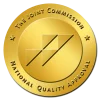Suicidality
Treatment for Suicidal Thoughts at Johnstown Heights Behavioral Health
Many people experience thoughts of suicide at some point in their lives. It’s important to understand that you are not alone. At Johnstown Heights Behavioral Health, our mental health professionals offer compassionate, intensive care for individuals with suicidal ideation or thoughts of suicide. We understand that suicidal thoughts or behaviors may stem from underlying conditions such as depression, hopelessness, severe anxiety, insomnia, or panic attacks. We take a holistic and individualized approach to healing that immediately addresses the crisis at hand.

FOR IMMEDIATE HELP
Dial 9-8-8 for the Suicide & Crisis Lifeline. This is a national network of local crisis centers that provides free and confidential emotional support to people in suicidal crisis or emotional distress 24 hours a day, 7 days a week in the United States.

Assessing Suicide Risk And Behavior
A person can have thoughts of suicide and never attempt it. However, a person may also attempt suicide after only briefly experiencing suicidal ideations. This is why it is imperative that all threats of suicide be treated seriously.
Suicide Risk Factors
Though risk factors do not cause or predict suicide, they may make it more likely that an individual will consider or attempt suicide. Risk factors for suicide may include:
- Mental disorders, particularly mood disorders
- Hopelessness
- Impulsive and/or aggressive tendencies
- Major physical or chronic illnesses
- Previous suicide attempt
- Family history of suicide
- Recent job or financial loss
- Recent loss of a relationship
- Easy access to lethal means
- Local clusters of suicide
- Lack of social support and sense of isolation
- Stigma associated with asking for help
- Lack of health care, especially mental health treatment
- Cultural and religious beliefs, such as the belief that suicide is a noble resolution of a personal dilemma
- Exposure to others who have died by suicide (in real life or via the media and Internet)
These symptoms aren’t exclusive to heroin use, but if your loved one has a history of substance abuse and you suspect heroin use, get them help before it’s too late. Your suspicions are likely correct.
What To Watch For
A person experiencing thoughts of suicide may display the following signs and behaviors:
- Threatens to hurt or kill oneself
- Talks or writes about death
- Exhibits revenge-seeking behavior
- Talks about feeling trapped
- Talks about having no purpose
- Engages in risky behavior
- Withdraws from friends, family, school,
work, or other important relationships - Attempts to access weapons, medication,
or other means of suicide


